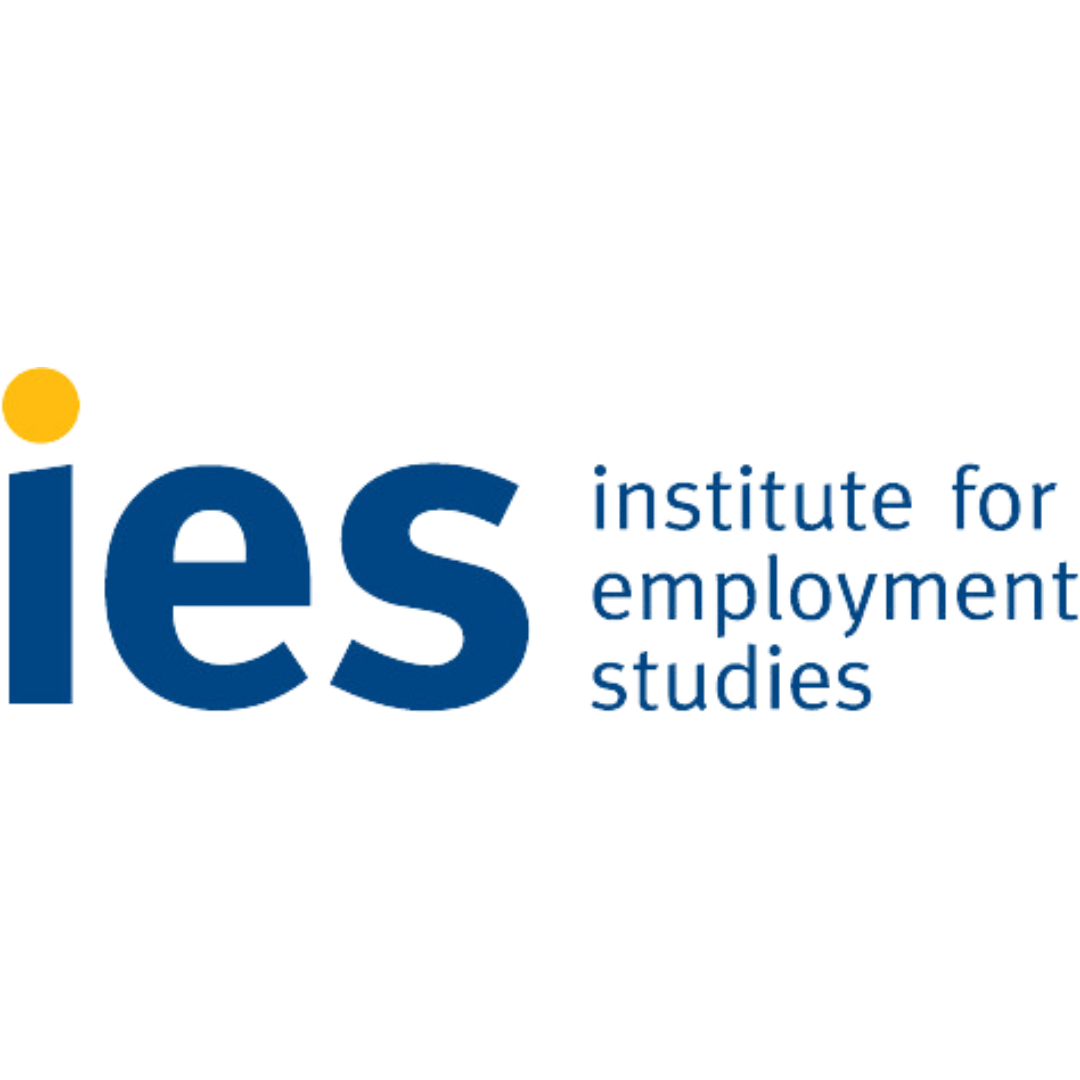Understanding Needs and Co-Developing a Workplace Intervention to Support Healthy Lifestyle Behaviours in Young Adults
12 Mar 2024
Health and Conditions
- The groups of young people and types of workplaces which are likely to benefit most from interventions to promote better diet, exercise and sleep patterns
- What employers and decision makers in Government and other agencies could do to support better diet, exercise and sleep patterns and reduce the risks of obesity among young adults who making the important change from full time education into the workplace for the first time
- The types of changes employers can make to workplaces that are likely to be the most feasible, offer the best value for money, and lead to sustained changes in diet, physical activity and sleep among young adults transitioning into the workforce
Chairperson
Speakers








.png)
.png)
